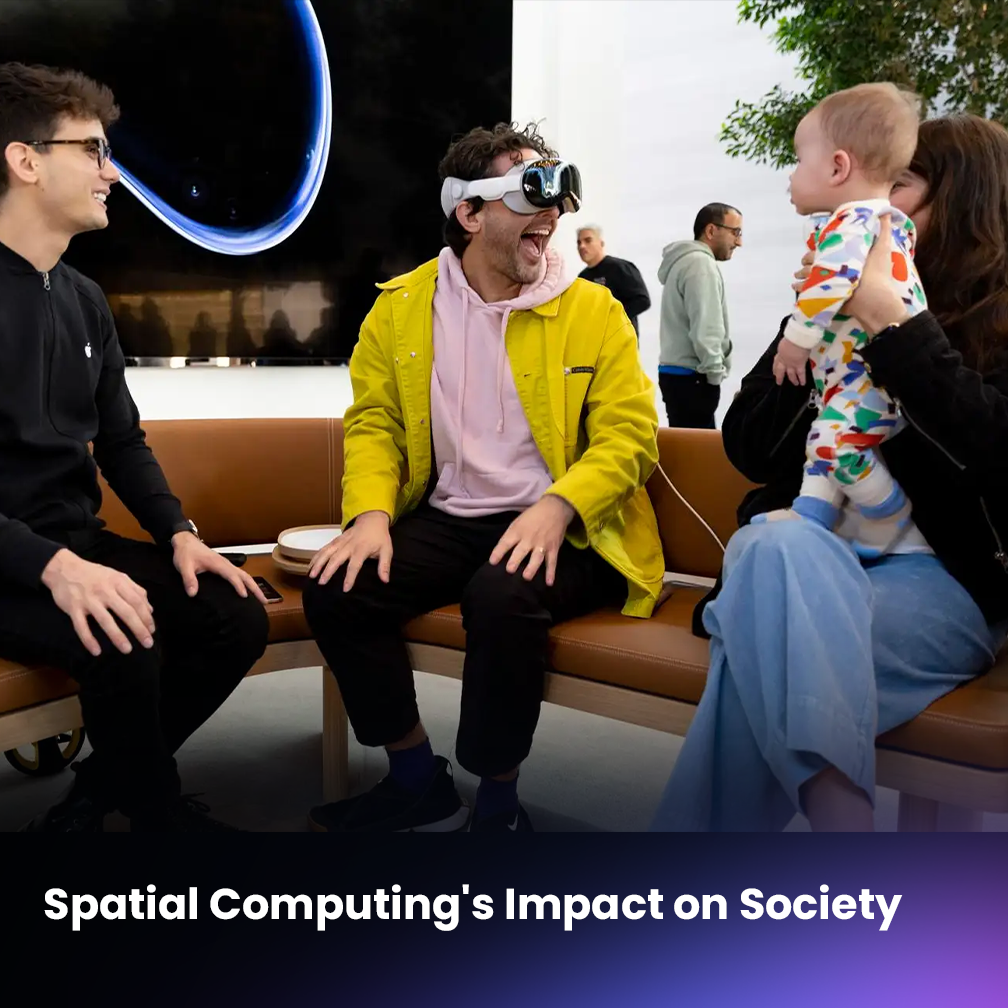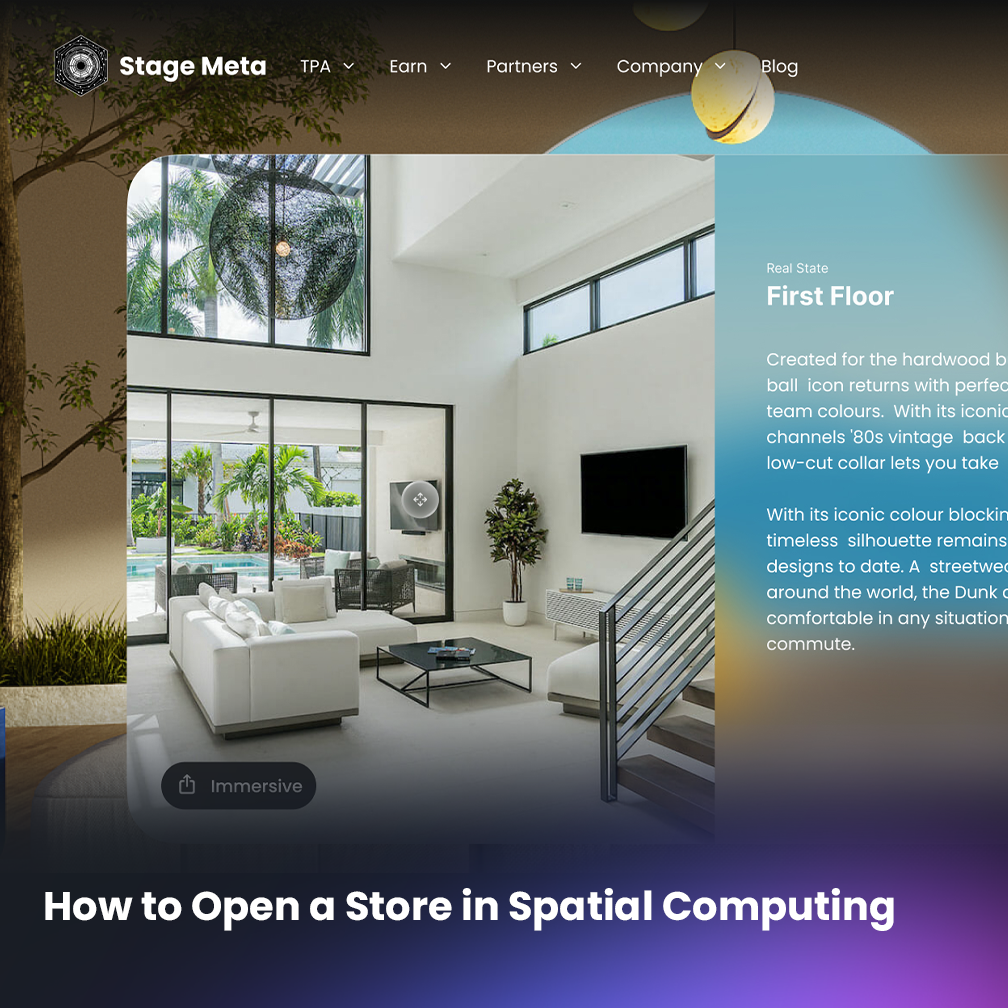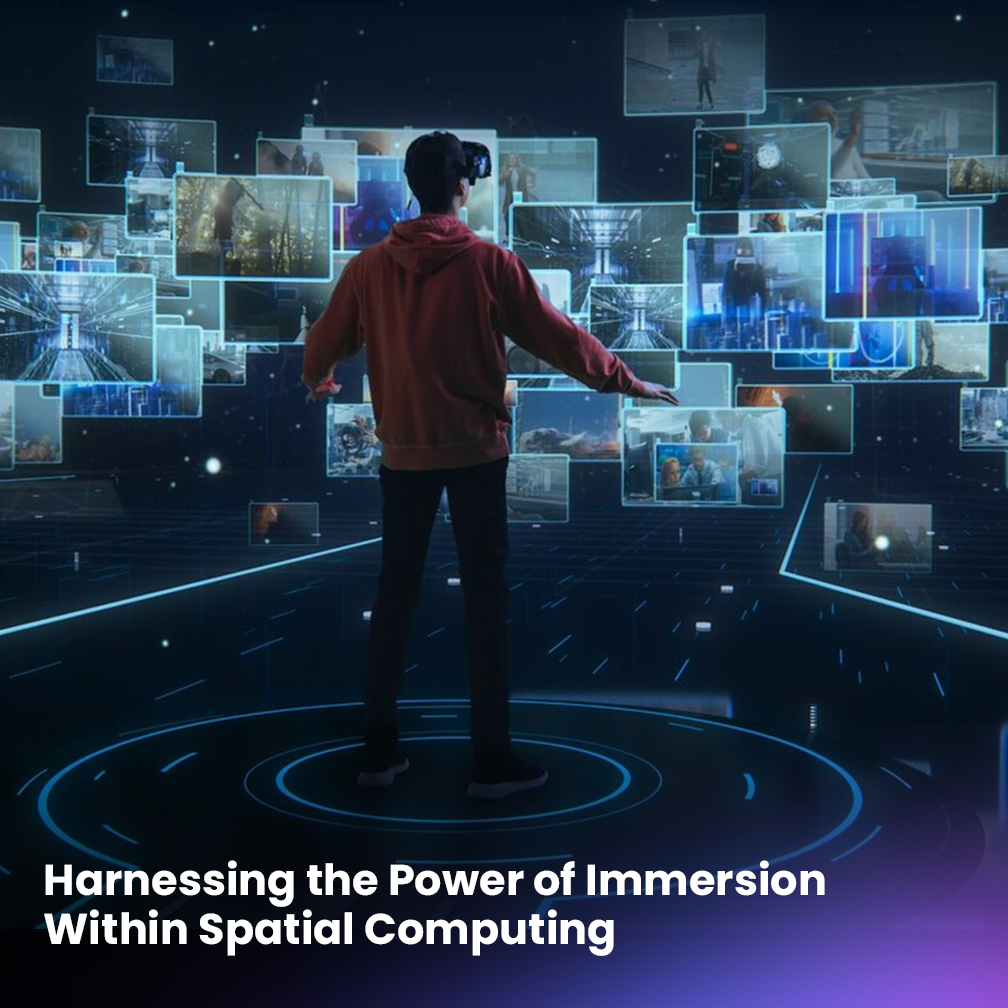
Spatial computing is revolutionizing how we live our lives. Spatial computing has impacted on the way people interact, learn, and work in ways that no one could have conceived of just a few years ago.
By creating virtual communities and worlds, spatial computing has opened up limitless opportunities for exploring new ideas and engaging with one another.
From education to social interactions and jobs, spatial computing transforms how we go about our daily tasks and activities. In this blog post series, we will look at how spatial computing impacts diverse areas of life and discuss the potential social implications of these digital communities.
Impact on education and learning
Spatial computing could change the way we think about education and learning. Here are some of its potential impacts on education:
Immersive learning experiences: Spatial computing offers the possibility of immersive and interactive learning experiences that can enhance the educational process. For example, students can experience historical events or scientific phenomena in a virtual environment, which could make learning more engaging and effective.
Global access: Spatial computing can provide access to educational opportunities to students from all over the world. Students who are unable to attend traditional schools or universities due to distance or other constraints could participate in virtual classrooms or training programs.
Customized learning: Spatial computing could allow for more customized learning experiences that are tailored to individual students’ needs and interests. For example, students could engage in personalized learning experiences that adapt to their learning styles, preferences, and progress.
Collaborative learning: Spatial computing offers new opportunities for collaborative learning and group projects, which can foster teamwork and communication skills. For example, students could work together to solve problems, create virtual projects, and participate in virtual debates.
Increased accessibility: Spatial computing could provide new accessibility options for learners with disabilities. For example, students with visual or auditory impairments could participate in virtual learning experiences that are designed with their needs in mind.
Spatial computing’s impact on education is likely to be significant, but it will depend on how these virtual communities are designed and implemented. Spatial computing offers the potential for new and innovative educational experiences that could revolutionize the way we think about teaching and learning.
Impact on Employment and the job market
Spatial computing has the potential to create new forms of employment and change the way we work in many ways. Here are a few potential impacts of spatial computing on employment:
New job roles: Spatial computing is likely to create new job roles that are specifically focused on virtual reality.
Virtual events and experiences: Spatial computing will likely lead to a proliferation of virtual events and experiences, such as concerts, conferences, and exhibitions. This could create new job opportunities for those who specialize in creating and managing these virtual events.
Remote work: It could provide new opportunities for remote work, allowing people to work from anywhere in the world as long as they have a virtual reality headset and a stable internet connection.
Skill requirements: As spatial computing evolves; new skill requirements may emerge. For example, people working in spatial computing may need to have a strong understanding of virtual reality, 3D design, and digital marketing.
Disruption of traditional job roles: traditional job roles may find themselves disrupted by this technology, particularly in industries such as travel, hospitality, and entertainment. For example, virtual tourism and entertainment experiences may reduce the demand for traditional travel and entertainment jobs.
Overall, spatial computing has the potential to create new job opportunities and change the way we work, it may also disrupt traditional job roles and require new skill sets. It will be important for individuals and organizations to stay ahead of these changes and adapt to the new employment landscape.
The General Impact of Spatial Computing on Society
The emergence of spatial computing has had an undeniable effect on our lives, from the way we play video games to how we socialize, shop, and study.
As technology advances and new applications for spatial computing are discovered, its impact will become even more pervasive. Although some of these effects may be disruptive — such as increased economic pressures or changes in traditional ways of life — overall, the influence of spatial computing is likely to be a net positive for humanity.
By learning more about spatial computing and its implications, we can make better decisions not only in our own lives but also on a societal level. Ultimately, it’s important to remember that spatial computing is just one part of the larger digital transformation — one that will undoubtedly shape our future in the years to come.
In conclusion, spatial computing has the potential to revolutionize how we interact with each other and experience our daily lives. However, it is important to consider its potential social and psychological impacts on users as well.
Join our new Discord Server, and a new SubReddit: r\Stagemeta_tpa to give us your opinion.









1 Comment
Thank you for your sharing. I am worried that I lack creative ideas. It is your article that makes me full of hope. Thank you. But, I have a question, can you help me?